Starting college is one of life’s biggest transition moments, the first time many young people can truly say they’re on their own. Their freshman year can be both exhilarating and frightening.
The reason for this seeming dichotomy is that both exciting opportunities and harmful pitfalls abound in college life. One such pitfall that’s often overlooked involves dental health: it’s all too easy to neglect good habits and adopt bad ones. But while it may not seem as harmful as other dangers, inattention to your dental health could create consequences that plague you long after graduation.
But being diligent about dental care can help you avoid serious problems now and in the future. At the top of the list: brush and floss your teeth daily and continue seeing a dentist at least twice a year. Hopefully, your parents or guardians have trained you in these vital habits—and they’re definitely habits you should continue for the rest of your life.
Close in importance to good oral hygiene is a healthy diet. Besides eating primarily “natural” food—fresh fruits and vegetables and less-processed foods—you should also set limits on your sugar consumption. This carbohydrate is a primary food for disease-causing bacteria, so limiting as much as possible the sugar you eat to just meal times will lower your risk for tooth decay.
Another area in which you should tread wisely is alcohol consumption. Besides the obvious consequences of alcohol abuse, immoderate drinking can also cause dental problems. Alcohol (and smoking) tends to dry out the mouth, which can increase the levels of oral bacteria and in turn increase your risk of both tooth decay and periodontal (gum) disease.
Finally, avoid getting piercings involving the lips, mouth or tongue even if it’s the thing to do. Piercing hardware can chip teeth and contribute to the shrinking back of the gums (recession). And be sure you practice safe sex: unprotected sexual activity could expose you to viral infections that cause oral problems including cancer.
Your college years should be an exciting and memorable experience. By practicing these and other common sense dental habits, you’ll be sure to remember these years fondly.
If you would like more information on dental care during college, please contact us or schedule an appointment for a consultation. You can also learn more about this topic by reading the Dear Doctor magazine article “10 Health Tips for College Students.”


